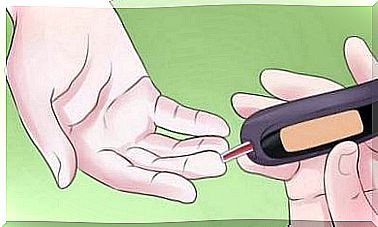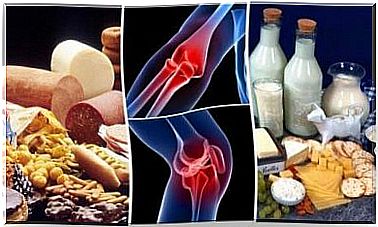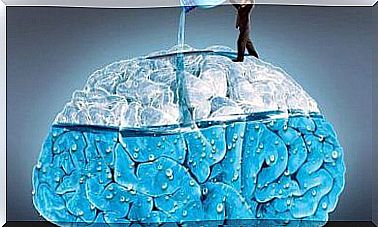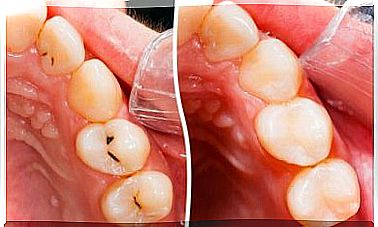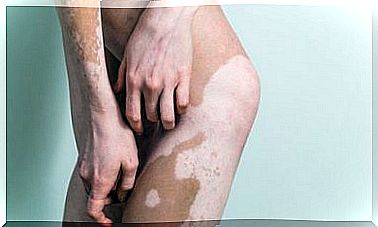Does Weight Gain During Menopause?

Many women wonder if they gain weight during menopause. Menopause, of course, involves many changes on both the physical and mental levels, and the fear of weight gain is one of women’s most common concerns at this stage in life.
Menopause begins when a woman has not had a period in the last year. For most women, this happens at some point when they turn 45, but the timing can vary greatly from one woman to another.
Menopause has different hormonal consequences. At this point, the ovaries stop producing estrogen and progesterone. However, it also involves other physical changes that cause many women to worry.
As has been said, one of the biggest concerns is weight gain. Next, we look at how real this fear is, what processes are involved, and what can be done to prevent weight gain.
Menopausal hormonal changes
When considering whether to gain weight during menopause, we must first remember that there are several hormonal changes at this stage in life. While weight gain may be related to these changes, many experts believe it is more related to the normal aging process.
Human muscle mass decreases with age, especially if we do not exercise or exercise regularly. This loss of active tissue leads to a significant reduction in calorie consumption, and thus a slight weight gain if the diet is not changed in any way at the same time.
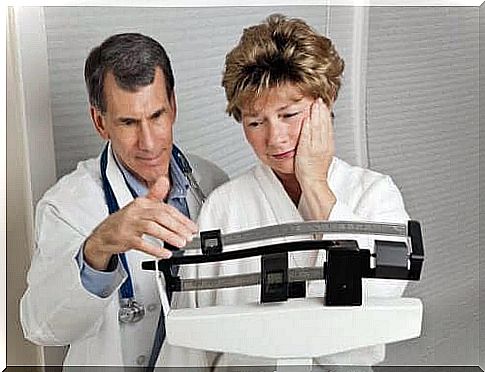
This study, commissioned by Climacteric , suggests that “hormonal changes may be linked to weight gain in the abdominal area”. It proposes estrogen therapy as a solution.
At the same time, however, the study points out that the effectiveness of this treatment on body weight or structure has not yet been established and further research is needed.
How to prevent changes in body structure
The hormonal changes and loss of muscle mass caused by menopause and aging must be compensated if weight gain is to be avoided. To improve your metabolism, you should create an effective exercise plan that prevents the loss of active tissue.
In the scientific literature, regular exercise is recommended for postmenopausal women also because they would avoid other health problems such as osteoporosis. From a nutritional point of view, it is important to take measures that guarantee the body all the nutrients it needs but at the same time to avoid an imbalance between energy intake and consumption.
1. Intermittent fasting
This is a great way to remove extra calories from your total daily calories with little effort. The best way is to skip breakfast, as due to hormonal changes, appetite is usually lowest just in the morning.
In addition, many studies suggest that intermittent fasting may otherwise be a good help, as it can help prevent some troublesome diseases such as type 2 diabetes.
2. Eat less carbohydrates
The main function of carbohydrates is to produce energy. Of course, we all need carbohydrates, but as we age, our need decreases. During menopause, a woman should reduce her carbohydrate intake compared to before, unless she is doing very strenuous exercise.
So reduce your intake of carbohydrates somewhat, and replace them with proteins. This will help maintain muscle mass at the same time.
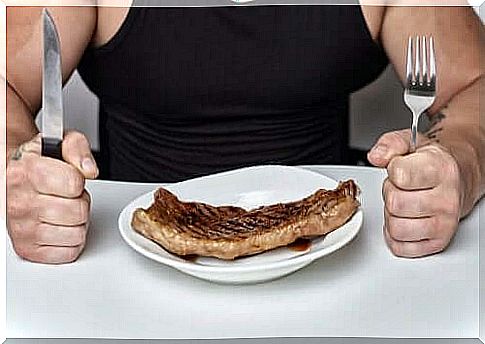
Adhering to strict keto diets can be difficult for many. In addition, the associated low fiber intake can be a problem for intestinal health. But if, instead, we follow a normal, healthy, and varied diet with fewer carbohydrates, we can avoid the disadvantages of a ketogenic diet.
Eating whole grains and unprocessed, fresh foods helps us get enough of the fiber our bodies need to function properly. According to numerous different studies, adequate fiber intake is also associated with lowering the risk of cardiovascular disease.
3. Choose fresh seasonal products
At this stage in life , we need to ensure that we get enough vitamins, minerals and antioxidants every day for both physical and mental health . Their absolute best source is fresh, locally produced, preferably raw materials from that season.
The intake of industrial and processed products must be reduced again, as they usually contain too many unhealthy fats, sugars, additives and other harmful ingredients.
Fresh fruits and vegetables contain a lot of antioxidants that also fight against body aging and free radicals. And if we want to include more healthy nutrients in our diet, scientific studies suggest eating berries, especially blueberries, on a daily basis.
So… does weight gain during menopause?
Yes, you can largely influence how your body changes during menopause. Although various hormonal changes as well as aging cause weight gain in many, there are ways to prevent or at least balance it.
A healthy and varied diet that is high in fresh foods and slightly less carbohydrates than before, combined with regular exercise, can help prevent unwanted weight gain during menopause.
